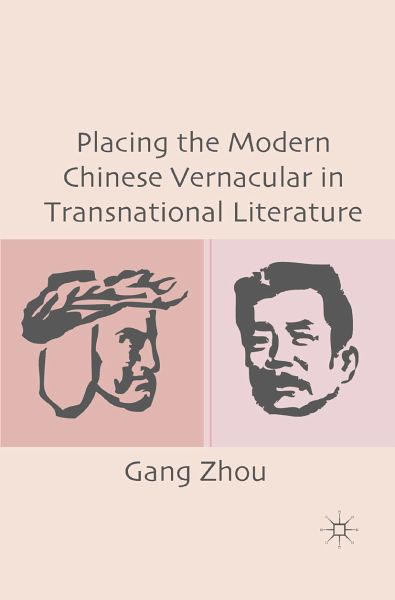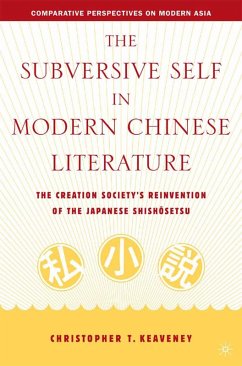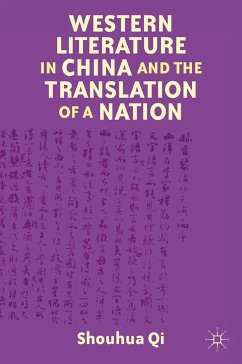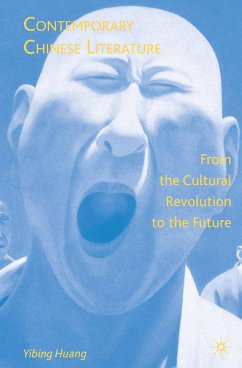
Placing the Modern Chinese Vernacular in Transnational Literature (eBook, PDF)
Versandkostenfrei!
Sofort per Download lieferbar
40,95 €
inkl. MwSt.
Weitere Ausgaben:

PAYBACK Punkte
20 °P sammeln!
This is the first book to concentrate not only on the triumph of the vernacular in modern China but also on the critical role of the rise of the vernacular in world literature, invoking parallel cases from countries throughout Europe and Asia.
Dieser Download kann aus rechtlichen Gründen nur mit Rechnungsadresse in A, B, BG, CY, CZ, D, DK, EW, E, FIN, F, GR, HR, H, IRL, I, LT, L, LR, M, NL, PL, P, R, S, SLO, SK ausgeliefert werden.












